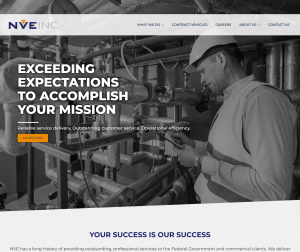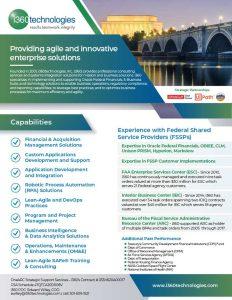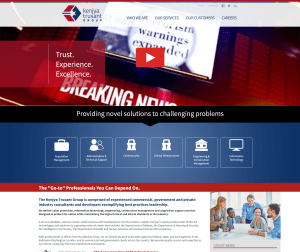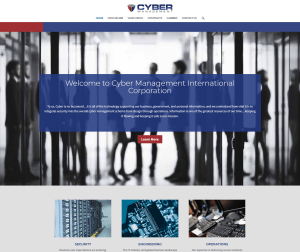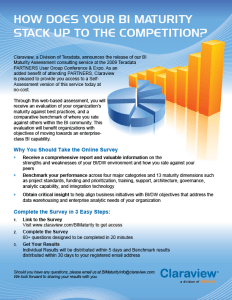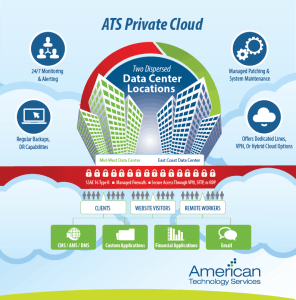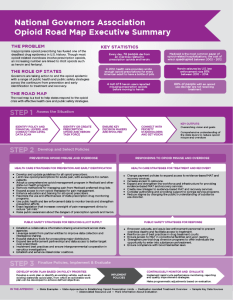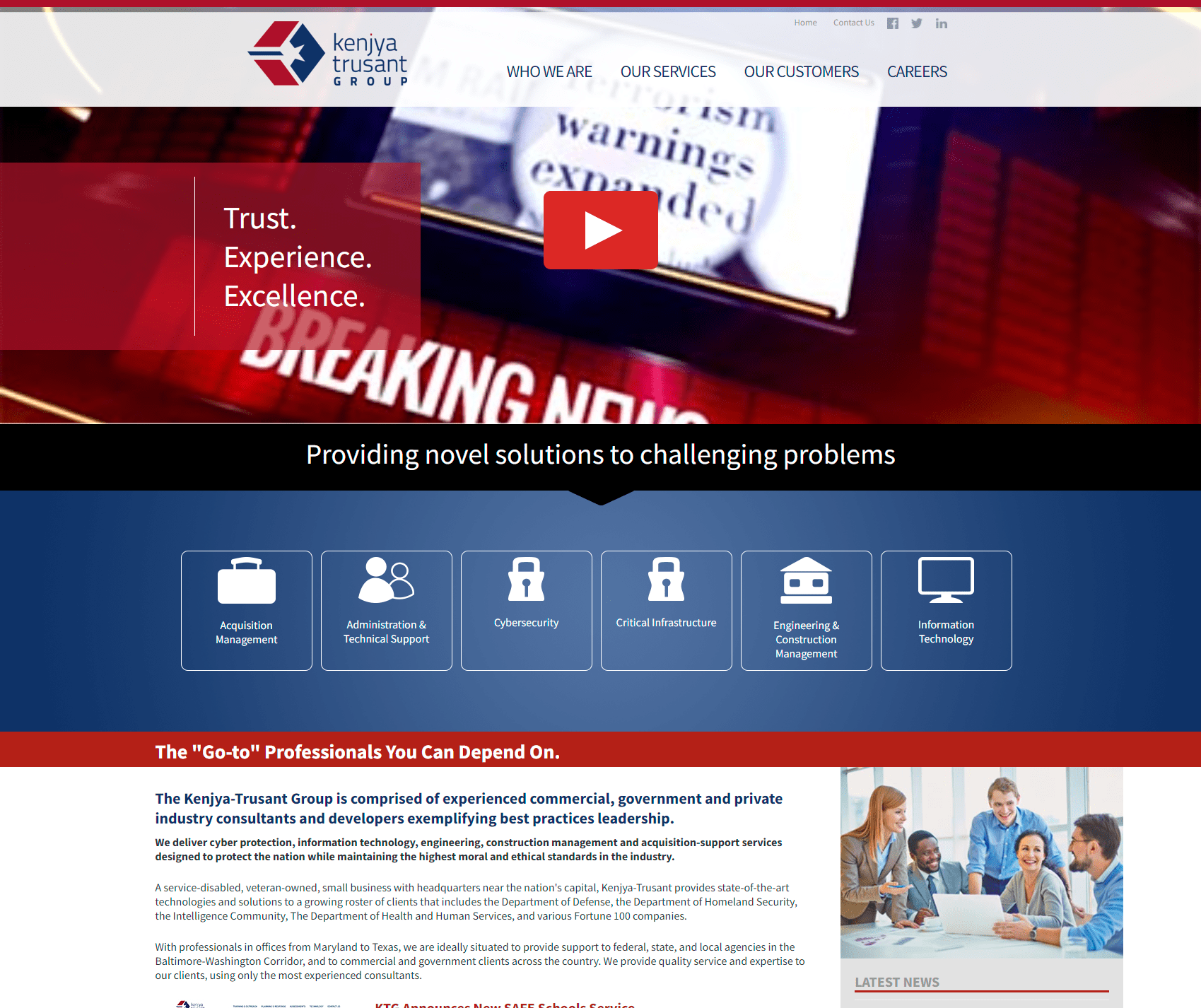Let’s face it, it’s easy to find (really!) cheap web hosting these days. In fact, some people even go so far as to think that web hosting has become another commodity. After all, with just a few clicks and some spare change, an account offering “unlimited” disk space and bandwidth can be set up and running in minutes, so how can you go wrong?
In reality, web hosting is not a commodity. There is no such thing as “unlimited” space or bandwidth (read the fine print!) and there are many hosting factors involved in keeping a website running smoothly with high quality and uninterrupted service. And, while setting up a cheap web hosting account might work for a business’s first website, it probably won’t work in the long term. As your website grows, so will your need for web hosting resources, so you’ll need to be sure your hosting account is adequate for the needs of your website and email.
Here are a few things to look for to determine if your website has outgrown it’s web host and needs a server upgrade…
Server Time Outs & Sluggish Page Load Speeds
How quickly a website loads is crucial to good user experience and also for SEO. If your website is sluggish during peak usage times, more than likely, your web server just can’t keep up and it’s time for an upgrade.
Your Neighbors are Server Hogs
If you have a shared hosting account, your website is sharing the server resources (RAM, disk space, bandwidth, and other server processes) with every other hosting account on that server. And, if you have a super cheap hosting account, you can almost be certain they’ve crammed a ton of accounts onto a single server.
Some of your neighboring websites may use up more of the available resources than others, and that can cause your site to slow down. Also, you can be sure that, with web hosting accounts that only cost a few dollars per month, there will be users that try to take advantage of the resources available by using the server to send out mass emails, or to usurp the resources in other ways — all of which can pull precious server resources away from your site and hinder your site’s performance.
IP Reputation
When you set up a hosting account, your account will be assigned an IP address by your hosting company. The IP address you receive will be one that is managed and/or owned by your hosting company and, more than likely was used by one of their past customers before it was assigned to you. As such, you really have no control over the previous reputation of that IP address. If the customer who had it before you was a spammer, your new IP address may be on email blacklists and you’ll likely experience problems with sending email. If you do any email marketing, the reputation of your IP address is critical.
Security
Web security is critical and some basic (and cheap) web hosting plans offer only basic security features. If your web hosting plan doesn’t offer adequate security measures, it’s time to upgrade.
Final thoughts …. while choosing a low-cost web hosting provider or hosting account might seem like a good financial decision, it could, in fact, hurt your business in the long term. Every business owner should weigh costs and benefits of any hosting account and continuously monitor the account to determine if the web hosting server is meeting the demands of your online customers.

